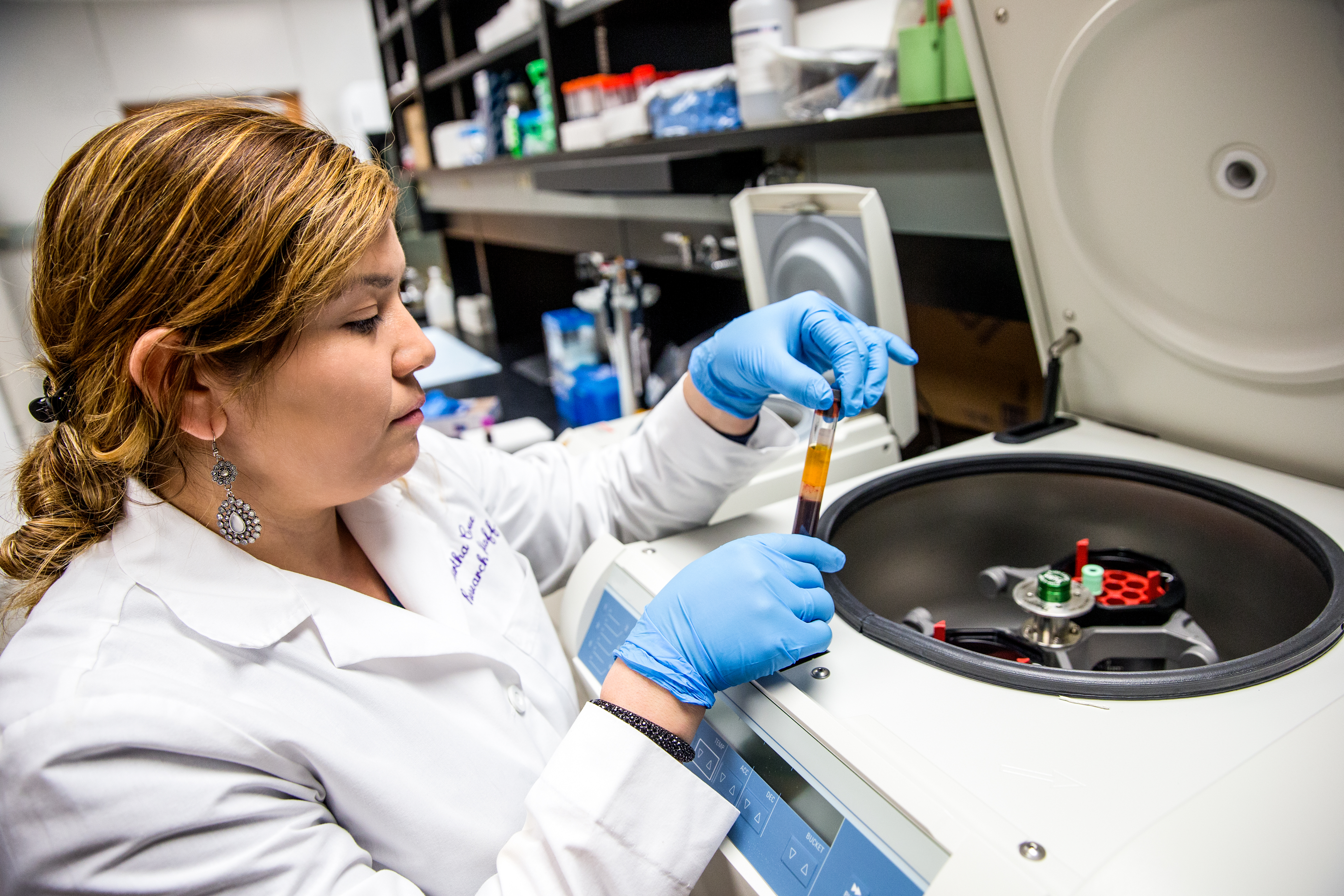By Peter Jones – Health Industry Lead , Microsoft Canada
Some of the brightest minds in healthcare gathered recently in Toronto at the Next in Health Summit, and in sharp focus was AI and the power of the cloud revolutionizing medical research and clinical treatment.
Microsoft Canada’s Helia Mohammadi, Chief Data Scientist, and Don Klingspon, Technical Director of Azure, kicked off the day highlighting ways that AI – combined with Microsoft’s healthcare and research partnerships – are completely changing the game.
Artificial intelligence and machine learning are not new, but there has been an explosion of exciting applications recently, driven by three key drivers:
- Significant technological advancements: AI technology is advancing at an exponential rate, especially in deep learning and the power of neural nets;
- Increasing computing power: The cloud offers virtually unlimited capacity to instantly scale up or down to process and store the massive amounts of data which AI runs on;
- Enormous amounts of data: The huge volume of data now available to train the AI models and algorithms provides intelligent precision.
With all of these pieces falling into place, research is moving forward faster than has ever been possible before. Here’s a video that shows just some of the incredible advances being made in healthcare thanks to AI and the cloud:
Empowering patient care and improving hospital operations
In Ontario, the Hamilton Health Sciences Centre has been able to dramatically reduce the number of cardiac arrests occurring in critical care patients by 61 per cent, stopping them before they occur – thanks to Toronto-based ThoughtWire’s EarlyWarning application powered by Microsoft Azure.
Markham Stouffville Hospital has seen a transformation in patient healthcare through Oculys Health Informatics. The solution uses Azure to deliver unprecedented real-time visibility connecting leaders and teams to the pulse of their hospital’s operations from emergency department wait times and operating room performance, to bed utilization and patient-flow bottlenecks.
Making strides in cancer research and treatment
Microsoft Canada has partnered with BC Cancer to help power research into the genomics of individual cancer cells, aimed at tailoring the most effective personal treatment plans for individual patients. This is giving researchers the unprecedented ability to look inside a tumour at the cellular level and determine how one person’s cancer might respond to chemotherapy. Using the Azure platform, this data can be analyzed and made available to researchers around the world – and BC Cancer is one of only a few organizations anywhere doing this kind of work.
BC Cancer and Microsoft Garage interns also teamed up last summer to create an interactive prototype mixed reality solution – the Holographic Cancer Cell Visualizer – using HoloLens to visualize tumors at single-cell resolution for cancer research. The solution enables scientists to study the makeup of tumour cells and spatial relationships between cells types through 3D holograms. Through continued partnerships with organizations like BC Cancer, Microsoft is continuing to pave the way for the application of AI in healthcare.
UK cancer specialists are using AI (through the support of Microsoft’s Project InnerEye) to revolutionize the way radiation therapy is given to cancer patients. Machine Learning algorithms allow technicians to analyze patient MRI and CT images to map exactly where radiation should – and should not – be delivered, so that the tumour is targeted and healthy tissues are protected. It is making the whole procedure dramatically faster, and far more accurate than has previously been possible.
Keeping patient data secure
Microsoft is tremendously proud to support these research and clinical treatment advances, through Azure’s cloud computing and genomics resources. When relying on healthcare technology solutions powered by Azure, both clinicians and patients can rest assured that their information is being managed with the highest standards of privacy. The explosion of highly personal, confidential data involved in these initiatives must be protected to the highest possible standard. Microsoft spends $1 billion USD a year on cloud data security, which some 20 million healthcare users rely upon. Certifications and attestations include:
- ISO 27001/27018
- SSAE SOC 1 Type I/II, SOC 2 Type II
- HIPAA/HITRUST CSF Common Security Framework
- FISMA/FedRamp
- EU Model Clauses and Safe Harbor Framework
- Gramm
- Leach
- Bliley Act (GLBA)
- FERPA
For more on Microsoft’s focus on transforming healthcare through AI and the cloud: https://blogs.microsoft.com/blog/2018/02/28/microsofts-focus-transforming-healthcare-intelligent-health-ai-cloud/







